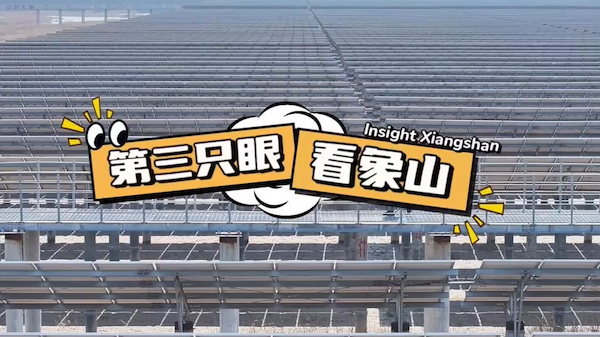Agricultural progress puts nation on solid footing

Farmers harvest rice in Deqing, Zhejiang province, in October. WANG ZHENG/FOR CHINA DAILY
Farming sector modernization key to economic growth, poverty alleviation, Indian experts say
As China presses ahead with national rejuvenation, economists, academicians and analysts from India who have visited the country believe that rapid agricultural development has been key to laying the foundation for unprecedented economic progress.
Despite China's huge population, limited agricultural land and scarcity of water, in recent decades the nation has achieved significant agricultural productivity growth through land reform, technological innovation, market reforms and public investment in rural infrastructure, the experts said.
China has also ensured rapid enhancement of agricultural productivity to feed its 1.4 billion people, they added.
The experts attributed the nation's advances to modern technologies, meticulous farming methods, well-managed land resources, standardized agricultural production, biotechnology, artificial intelligence, environmental protection and the agricultural sector's market transformation.
Praising China's outstanding agricultural development, the Indian experts said the country witnessed remarkable growth after rural reform policies were outlined in 1979.

Wheat is harvested in Hemu village, Deqing, Zhejiang. WANG ZHENG/FOR CHINA DAILY
Since then, the Chinese leadership had devised farsighted multipronged strategies to address the main challenges posed to agriculture and rural development. It has also drawn up key initiatives to ensure food security. As a result, the nation is reaping the dividends from these measures.
Economist R. Ramakumar, a professor at the Tata Institute of Social Sciences in Mumbai, said China's rural reform policies have been linked to unmatched progress in poverty alleviation and have led to significant improvements in education and health for the rural population.
Meanwhile, agricultural growth has also contributed significantly to industrial sector expansion through resource transfers.
Ramakumar, who has visited China many times, said the reforms introduced since 1978 cannot be equated to embracing the Washington Consensus. This set of policy recommendations for developing nations was agreed upon by Western countries, particularly the United States, and global development institutions such as the World Bank and the International Monetary Fund. The recommendations became popular during the 1980s.
Post-1978 policy changes in agriculture were driven by the Marxist dictum of ensuring harmony between the relations of production and the forces of production, which led to the fundamentally socialist characteristics of Chinese agriculture being preserved, Ramakumar said.
Even under the household responsibility system, land was still collectively owned, and production was under contract. Collectives continued to manage plowing, seeding, irrigation and water conservation on farms, while farmers continued to contribute to the collective accumulation fund, which was used for public investment in rural infrastructure, he added.

 China welcomes global travelers with open arms
China welcomes global travelers with open arms  Badminton excitement builds in Ningbo city
Badminton excitement builds in Ningbo city  A green revolution in Ningbo's tidal flats
A green revolution in Ningbo's tidal flats 


